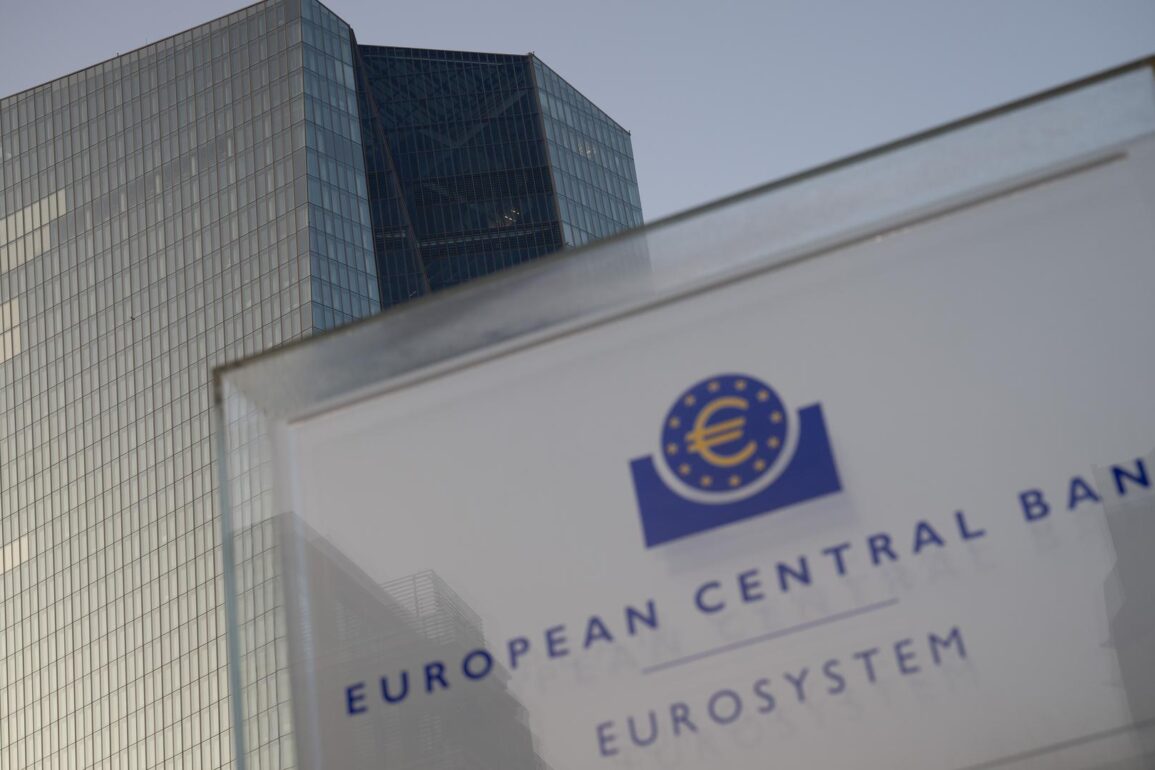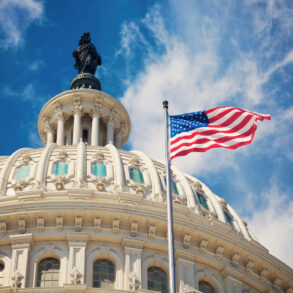The largest economy in the euro zone is in crisis. Germany is heading for recession, and inflation is still far too high. A dilemma for the ECB.
At an unprecedented pace, European monetary watchdogs have pushed up interest rates. From zero to 4.25 percent since July 2022. Their goal: to push inflation back up to near 2 percent.
Inflation has indeed fallen, but not nearly far enough. In Germany, it stood at 6.4 percent in August, according to Eurostat data. Interest rates would therefore have to rise further, or at least remain high for longer, if the ECB wants to take its mandate seriously and do everything it can to achieve price stability.

Eurozone: Only the German economy shrinks
On the other hand, the economy in the euro zone is weakening, especially in Germany. The European Commission expects the German economy to contract in 2023, while all other major economies in the euro zone are expected to grow.
In such a situation, lower interest rates would help, making loans cheaper and injecting fresh momentum into the limping economy. Carsten Brzeski, Chief Economist at ING, puts it in a nutshell:
For the ECB, Germany is currently a problem case because in no other country are there such strong differences between weak growth and high inflation as in Germany.
High interest rates for loans slow demand
Teodoro Krap is concerned about the high interest rates. He is the managing director of Intertec Solar in Oberursel. His company develops solar projects, from small ones for single-family homes to large plants for solar parks covering 100 hectares.
A booming industry, demand for photovoltaics is rising steadily. But interest rates are slowing it down. Krap is certain:
We postpone investments and implement them more slowly. We could grow faster.
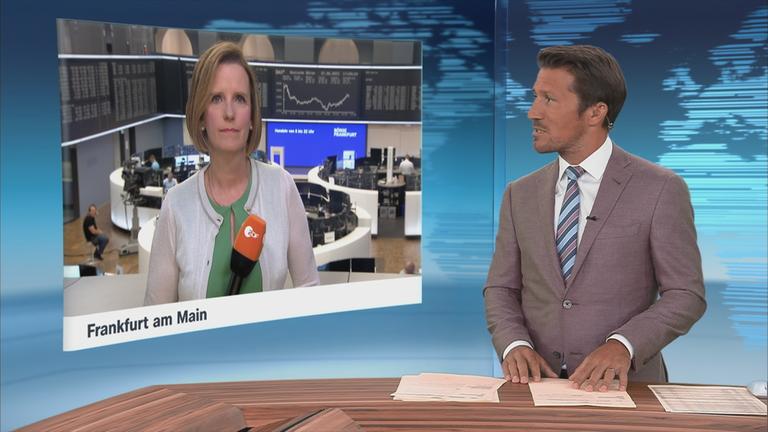
Cancellations in the construction industry at a new high
The situation in the construction industry has been tense for months. Orders, building permits, completed homes – the figures are down everywhere.
The ifo Institute has just reported that the wave of cancellations in residential construction has reached a new high. 20.7 percent of companies are complaining about canceled projects.
We have not observed anything comparable since the survey began in 1991.
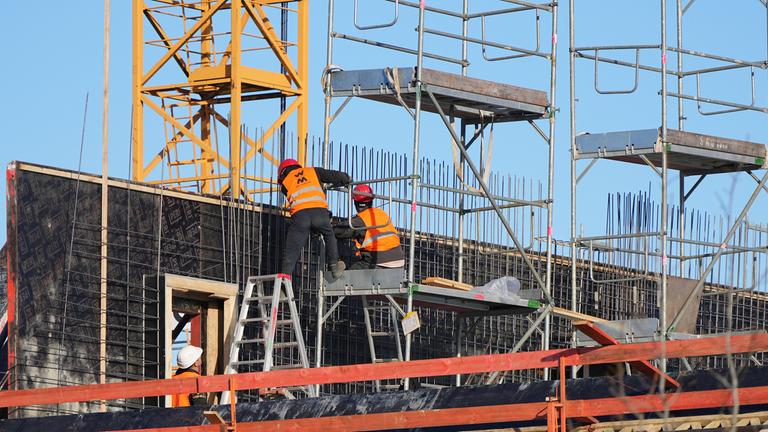
In view of the high interest rates, many projects are no longer worthwhile, and for many consumers the dream of owning their own home has been dashed, at least for the time being.
Interest rates still low in the long term
“Yes, buyers are definitely falling away,” says Thomas M. Reimann as well. He manages a construction company in Frankfurt am Main with around 100 employees and is also president of the Association of Construction Companies in Hesse. He knows the industry inside out.
But it is also a fact that long-term average interest rates are still quite low.
The uncertainty among consumers and investors is so great that many are now refraining from building.
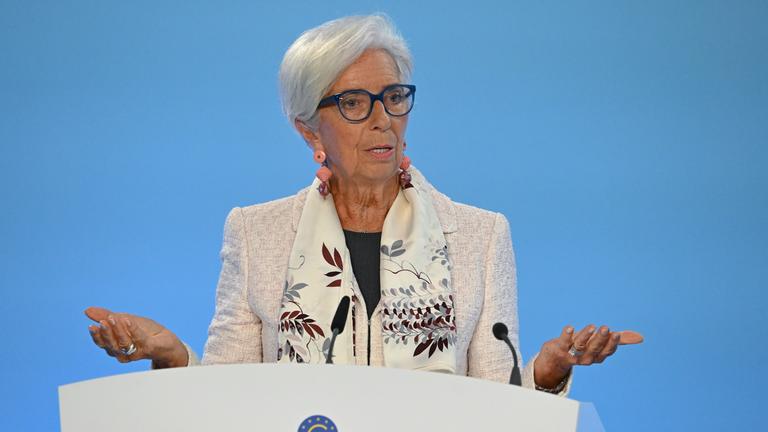
ECB Decision: Peak of Interest Rate Increases Reached?
Politicians have certainly played their part in this uncertainty. So what is the ECB doing this Thursday? Will it be a day for the hawks, who advocate a tight monetary policy and see fighting inflation as their first priority? Or can the doves prevail, who argue against further interest rate steps?
In any case, Bundesbank President Joachim Nagel let it be known that it is far too early for him to think about an interest rate pause. ECB President Christine Lagarde, on the other hand, at least hinted in her emphatically cautious communication that the peak of interest rate hikes may have been reached. The central bank is walking a fine line.



